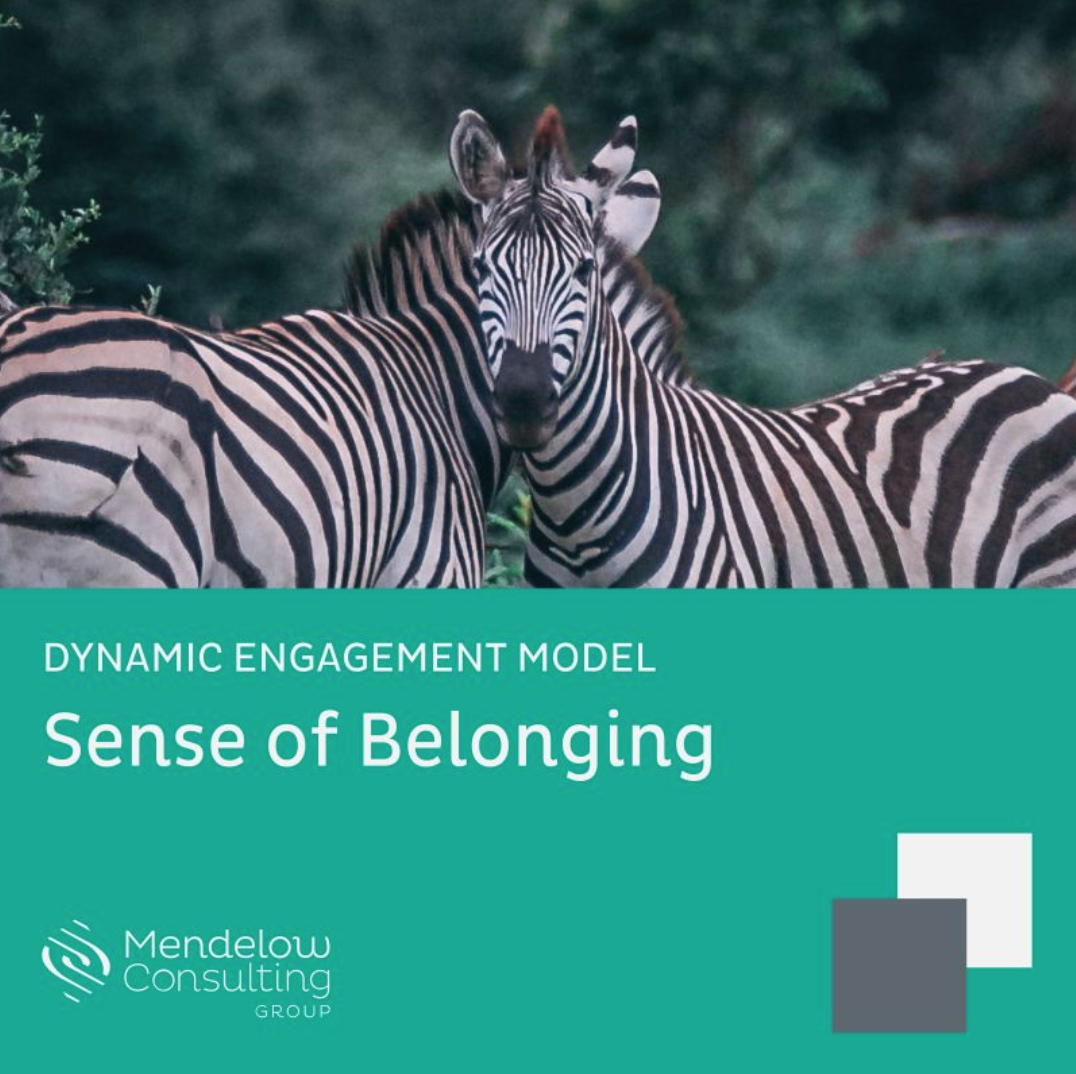 Do you ever catch yourself thinking about the cliques or groups that are formed at work? Sometimes it may feel like your manager hangs around the same offices or plans golf outings with the same people. It may feel like favoritism. At the surface level, you may feel silly feeling a little jealous or excluded but underneath the surface, there’s a very good reason why this radar is going off in your head. When you’re in the “in-group,” you feel that you belong. But why is the sense of belonging important? It’s been deeply-rooted in our DNA. In her paper The origins of belonging: social motivation in infants and young children, Dr. Harriet Over states that, back in the day, humans could survive in adverse environments and gain access to food, shelter, and protection from attack only through cooperation with other tribe members. Exclusion from the tribe meant inevitable death. Today, humans can survive even in individualistic cultures, and our "tribe" is limited to our immediate family and colleagues at work. But much like thousands of years ago, we yearn to be accepted and included by those around us. The sense of belonging makes us feel happy and fulfilled. Belonging to a group also increases our self-acceptance, which is an important factor in coping processes, especially in difficult situations (Thoits, 2011). Furthermore, people's resilience is directly and persistently influenced by a sense of belonging (Scarf et al., 2016). Companies, too, can reap significant bottom-line benefits when employees feel like they belong. According to the 2019 Harvard Business Review article by Evan Carr, Andrew Reece, Gabriella Rosen Kellerman and Alexi Robichaux, high belonging was associated with a 56% increase in job performance, a 50% reduction in turnover risk, and a 75% reduction in sick days. For a 10,000-person company, this would result in more than $52 million in annual savings. MCG’s Dynamic Engagement model is built around the sense of belonging, or feeling connected, as one of the three foundational needs, along with feeling valued and empowered. I’ll elaborate on the other two needs in my next posts. In the meantime, I’m curious what does belonging look like in your workplace? And, what do you do as a manager to create an inclusive environment?
0 Comments
Your comment will be posted after it is approved.
Leave a Reply. |
AuthorLaura Mendelow |
|
|
©2020. All Rights Reserved. Mendelow Consulting Group, LLC.

